Throughout history, powerful speeches have shaped the course of events, inspired movements, and left a lasting impact on society. These moments of oratory brilliance have not only captured the emotions of the times but have also called for action, unity, and change. From civil rights to freedom movements, these unforgettable speeches resonate through generations, reminding us of the power of words to influence hearts and minds. Here are unforgettable speeches that have made an indelible mark on history.
Martin Luther King Jr.’s “I Have a Dream” Speech
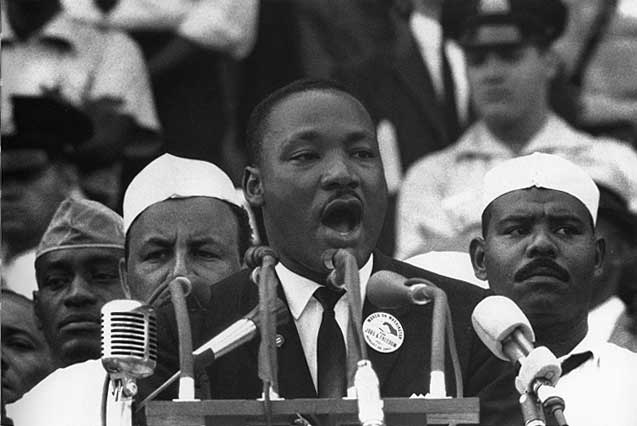
Delivered on August 28, 1963, during the March on Washington, Martin Luther King Jr.’s “I Have a Dream” speech became a defining moment in the civil rights movement. Standing at the Lincoln Memorial in Washington, D.C., he spoke passionately about his vision for racial equality and harmony. He called for an end to racism and urged America to live up to its foundational promises of freedom and justice for all. The speech captured the hearts of millions, with its iconic lines resonating deeply with both supporters and detractors of the movement. His powerful oration emphasized the importance of nonviolence, civil rights, and unity. This speech is often credited with accelerating the passage of the Civil Rights Act of 1964. His call for equality became a rallying cry for future generations fighting for social justice. His ability to inspire hope and action remains a cornerstone of his legacy, with his words continuing to echo through various social justice movements today. In addition to its emotional impact, it brought global attention to the civil rights struggle in the U.S., strengthening the movement’s international solidarity. His ability to combine biblical references with American ideals of freedom resonated with a wide audience, crossing both racial and political lines.
Winston Churchill’s “We Shall Fight on the Beaches” Speech
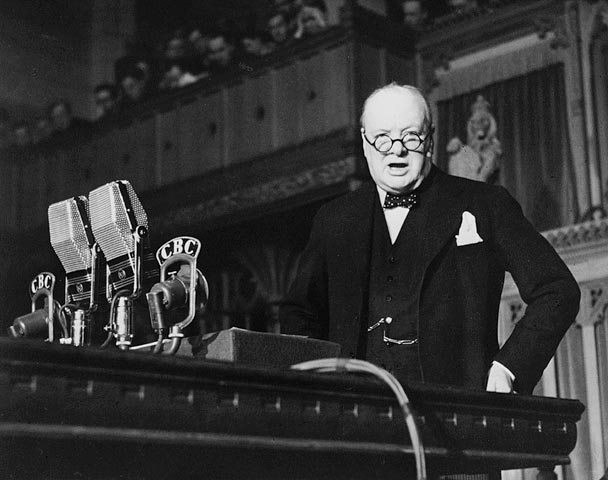
On June 4, 1940, British Prime Minister Winston Churchill delivered his iconic “We Shall Fight on the Beaches” speech to the House of Commons. In the aftermath of the Dunkirk evacuation, his words rallied a beleaguered nation. He assured his country that even though France had fallen, Britain would never surrender. His defiance in the face of Nazi aggression gave hope to the British people and strengthened their resolve during one of the darkest periods of World War II. The speech is famous for its repetitive declarations of where and how Britain would continue the fight, from the beaches to the streets. His indomitable spirit helped unite a fractured nation, cementing his reputation as a wartime leader. His speech not only inspired the British public but also resonated across the Atlantic, garnering support from the United States. His unwavering stance against tyranny and fascism became a symbol of resistance and courage. It was also critical in preparing Britain psychologically for the Battle of Britain, one of the key turning points in the war.
John F. Kennedy’s Inaugural Address
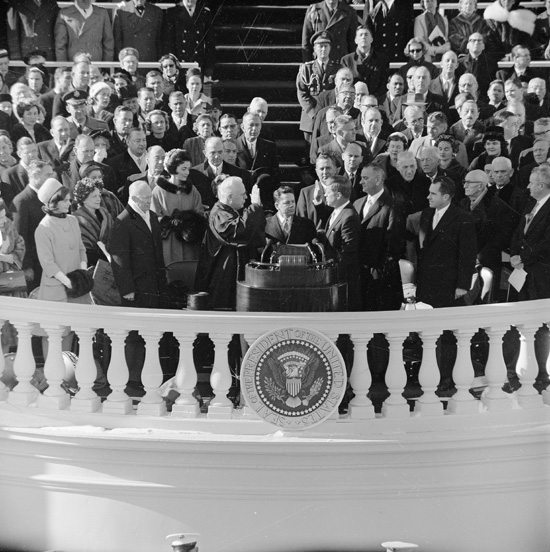
/ Wikimedia Commons
John F. Kennedy delivered his memorable inaugural address on January 20, 1961, after being sworn in as the 35th president of the United States. Speaking to an audience that included a nation emerging from the post-war era and on the brink of the Cold War, his address called for global cooperation and active citizenship. His most famous line, “Ask not what your country can do for you—ask what you can do for your country,” became a guiding principle for his administration. The speech highlighted the challenges of the nuclear age and the need for both domestic and global unity. His youthful energy and charisma resonated with millions, infusing his presidency with a sense of optimism. His speech helped inspire initiatives like the Peace Corps and cemented the idea of American leadership on the global stage. He framed the struggles of the era in moral terms, urging the U.S. to lead by example in the pursuit of peace and freedom. His address also laid the groundwork for key civil rights actions, emphasizing freedom and equality as central to American ideals. His vision of a “new frontier” called for scientific progress and space exploration, setting the tone for the decade’s monumental achievements in space.
Abraham Lincoln’s Gettysburg Address
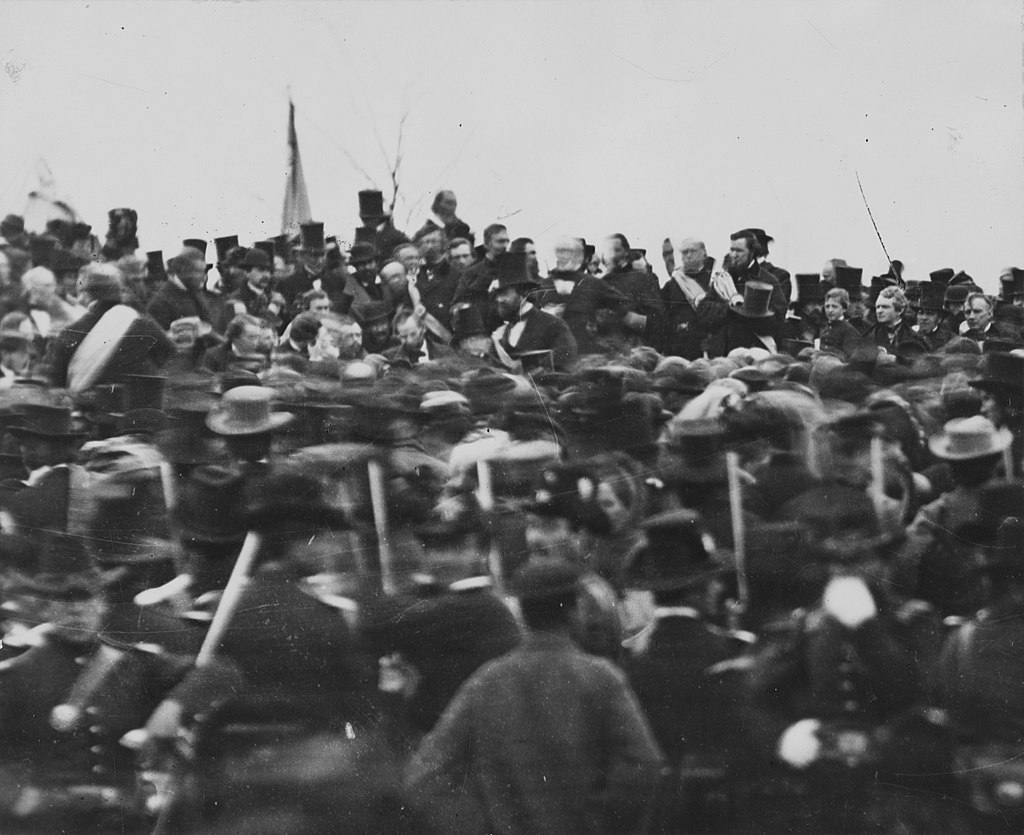
On November 19, 1863, President Abraham Lincoln delivered the Gettysburg Address during the American Civil War, at the dedication of the Soldiers’ National Cemetery in Gettysburg, Pennsylvania. In just 272 words, he managed to encapsulate the American ideals of liberty, equality, and democracy. His speech followed the Battle of Gettysburg, a decisive Union victory, and honored the fallen soldiers who had given their lives for the nation’s preservation. He reaffirmed the purpose of the war, defining it as a struggle for a new birth of freedom, grounded in the Declaration of Independence’s assertion that all men are created equal. Though the speech was brief, its impact was profound, crystallizing the meaning of the war in the minds of many Americans. His eloquent words continue to inspire, symbolizing the enduring fight for equality and unity in the United States. His succinct yet powerful address helped shift the war’s focus from merely preserving the Union to a moral crusade to end slavery. It also strengthened national resolve, encouraging Americans to persevere through the war’s darkest days.
Franklin D. Roosevelt’s “Infamy” Speech

On December 8, 1941, President Franklin D. Roosevelt addressed a joint session of Congress, the day after the attack on Pearl Harbor. Known as the “Day of Infamy” speech, his address marked the U.S.’s entry into World War II. He described December 7 as “a date which will live in infamy,” galvanizing the American public for war. His speech was short, but it conveyed the gravity of the situation and the necessity of a strong response. Congress declared war on Japan shortly after, with overwhelming public support following his address. The speech unified the country in its resolve to defeat the Axis powers and positioned him as a steadfast leader during a time of crisis. His words not only resonated with Americans but also sent a clear message to the world about the U.S.’s determination to defend itself and its allies. The speech’s clarity and purpose also rallied the industrial and military sectors, leading to the rapid mobilization that would eventually help turn the tide of the war.
Ronald Reagan’s “Tear Down This Wall” Speech
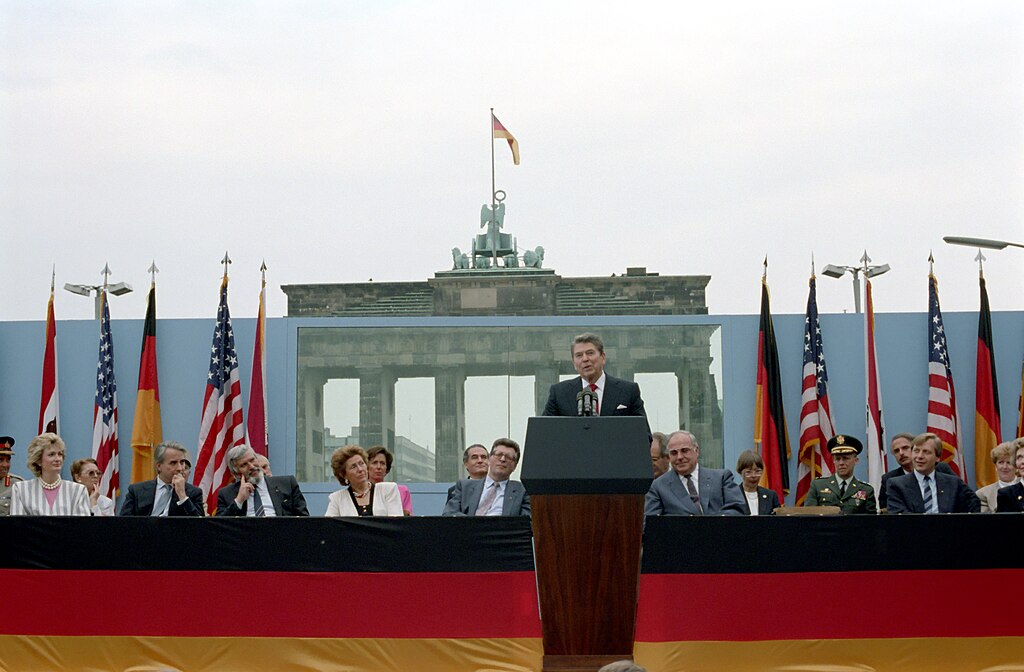
Collection: White House Photographic Collection, 1/20/1981 – 1/20/1989 / Wikimedia Commons
On June 12, 1987, U.S. President Ronald Reagan stood at the Brandenburg Gate in West Berlin and delivered one of the most memorable speeches of the Cold War. Addressing Soviet leader Mikhail Gorbachev, he issued a direct challenge: “Mr. Gorbachev, tear down this wall!” The Berlin Wall had long symbolized the division between East and West, and his bold statement resonated with the world. The speech reflected the growing pressure for reform in Eastern Europe and showcased his confidence in the eventual collapse of Soviet influence. While initially met with skepticism, his words gained significance when the wall fell just over two years later in November 1989. The speech solidified his legacy as a key player at the end of the Cold War. His call for freedom and democracy was heard across the globe, reinforcing America’s role as a champion of liberty. His speech also demonstrated his unique blend of diplomacy and rhetoric, helping to shape his relationship with Gorbachev and pave the way for significant arms reduction agreements.
Mahatma Gandhi’s “Quit India” Speech
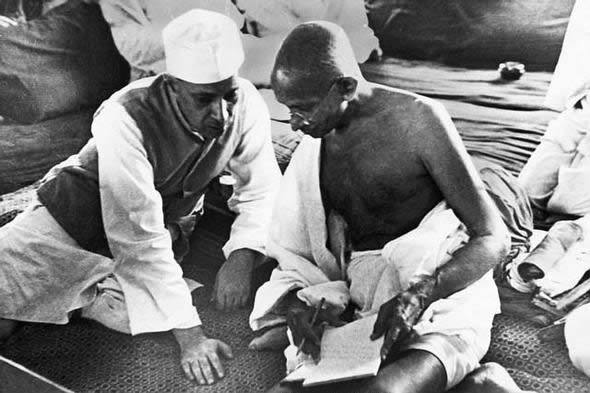
On August 8, 1942, Mahatma Gandhi delivered his “Quit India” speech during a session of the All India Congress Committee in Bombay (now Mumbai). With India still under British colonial rule, his call for an immediate end to British governance was both direct and urgent. He emphasized nonviolent resistance, urging Indians to continue their civil disobedience until they achieved independence. The speech mobilized millions across India and marked a turning point in the Indian independence movement. His appeal for unity and nonviolence resonated deeply with the Indian populace, despite the British government’s repression that followed. The speech galvanized national sentiment and significantly weakened the British hold over India. Although he was arrested shortly after, his words lived on and continued to inspire the push for independence, which was achieved in 1947. The “Quit India” speech also reinforced his philosophy of Satyagraha, or nonviolent resistance, as the most powerful tool for liberation. His speech further influenced global movements for civil rights and freedom from colonialism across Asia and Africa.
Emmeline Pankhurst’s “Freedom or Death” Speech
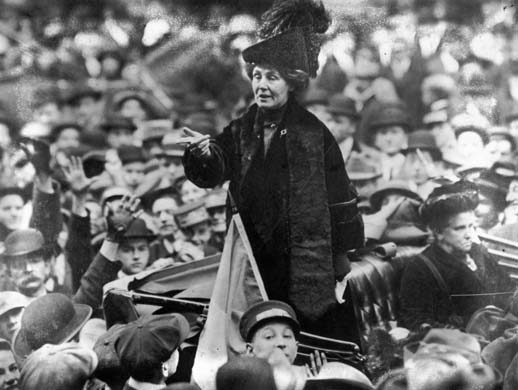
On November 13, 1913, British suffragette Emmeline Pankhurst delivered her famous “Freedom or Death” speech in Hartford, Connecticut. Pankhurst, a leading figure in the women’s suffrage movement, passionately advocated for women’s right to vote. Her speech outlined the justifications for the more militant tactics used by the Women’s Social and Political Union in their fight for suffrage. Her words highlighted the struggles and sacrifices women had made for their cause, equating their fight to a battle for life and liberty. Her defiant tone resonated with her audience, further galvanizing support for the suffrage movement. Her speech made it clear that the fight for equality was not one to be easily surrendered, regardless of opposition or repression. Her speech became a rallying cry for suffragettes across the world, as the demand for women’s rights grew louder and more resolute. The speech’s influence crossed the Atlantic, inspiring American women who were fighting for their right to vote. It also demonstrated the power of organized activism and contributed to the eventual passage of the Representation of the People Act in 1918 in the UK.
Sojourner Truth’s “Ain’t I a Woman?” Speech
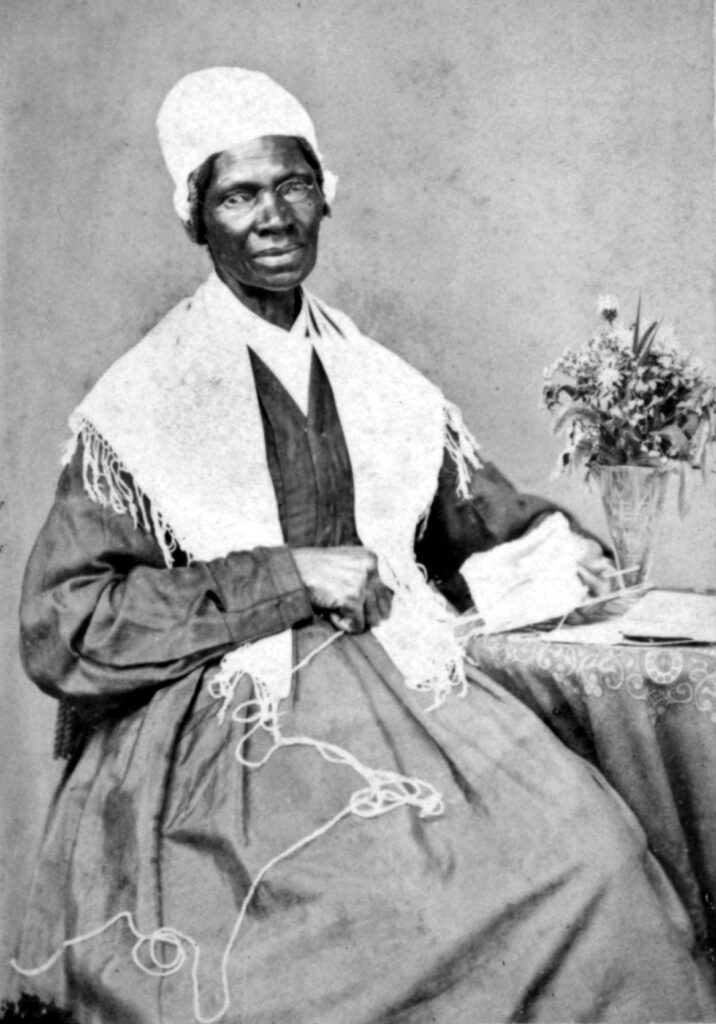
In May 1851, Sojourner Truth, a former slave and prominent abolitionist, delivered her “Ain’t I a Woman?” speech at the Ohio Women’s Rights Convention in Akron. Her speech addressed both gender and racial inequalities, challenging prevailing notions about women’s inferiority and black people’s place in society. She famously highlighted the hypocrisy of excluding black women from the women’s rights movement while also pointing out the hardships and strength of enslaved women. Speaking without any formal education, her words struck a powerful chord with her audience, dismantling arguments against both abolition and women’s rights. Her passionate delivery made the speech unforgettable, and it became a cornerstone in both the abolitionist and women’s suffrage movements. The speech not only advanced the cause for equal rights but also solidified her place as one of the most powerful voices in American history. Her activism continued after this speech, and she became a prominent advocate for land rights for freed slaves following the Civil War.
Susan B. Anthony’s “Is it a Crime for a Citizen of the United States to Vote?” Speech
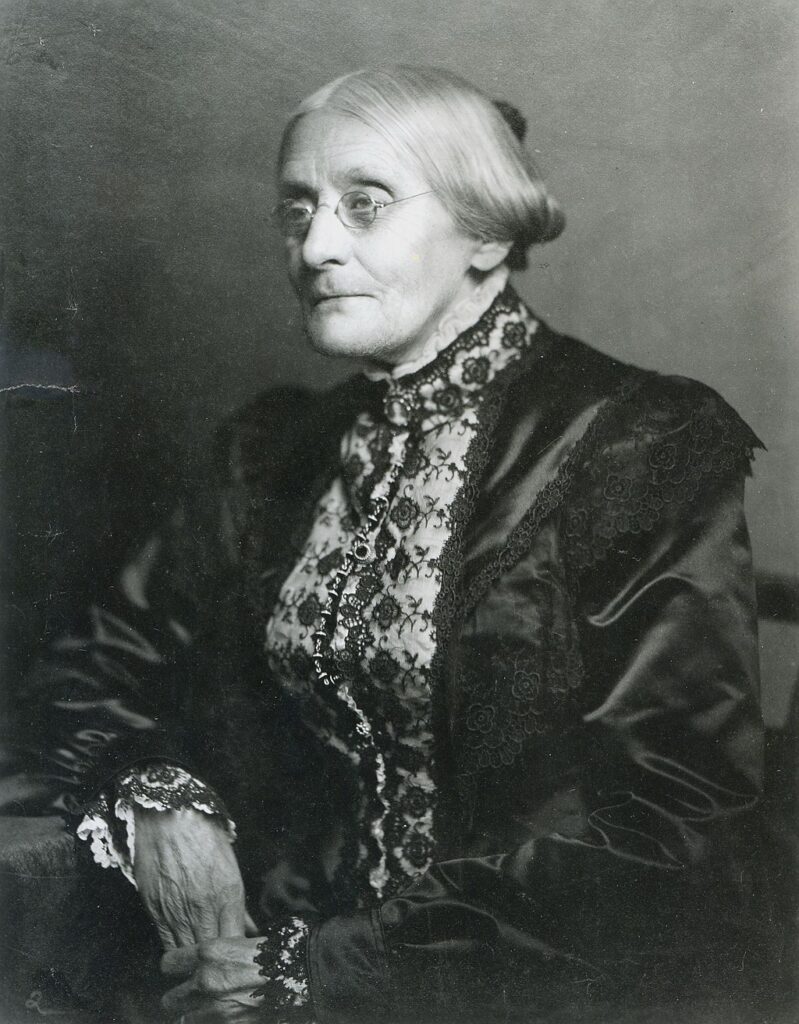
On January 16, 1873, Susan B. Anthony delivered a speech in Rochester, New York, that became a landmark in the fight for women’s suffrage. Titled “Is it a Crime for a Citizen of the United States to Vote?” She gave the speech after being arrested for illegally voting in the 1872 presidential election. In it, she argued that women, as citizens of the United States, had the same rights as men, including the right to vote. Her bold defiance of the law highlighted the injustices faced by women under the U.S. Constitution at the time. Her words resonated widely, emphasizing the contradictions within a democracy that denied half its population a voice. Her activism played a pivotal role in the passage of the 19th Amendment in 1920, granting women the right to vote. Her speech became a cornerstone of the women’s rights movement, symbolizing the fight for full political equality. She continued to be a key leader in the suffrage movement, and her legacy was honored when she became the first woman to appear on a U.S. coin in 1979.
Patrick Henry’s “Give Me Liberty or Give Me Death” Speech
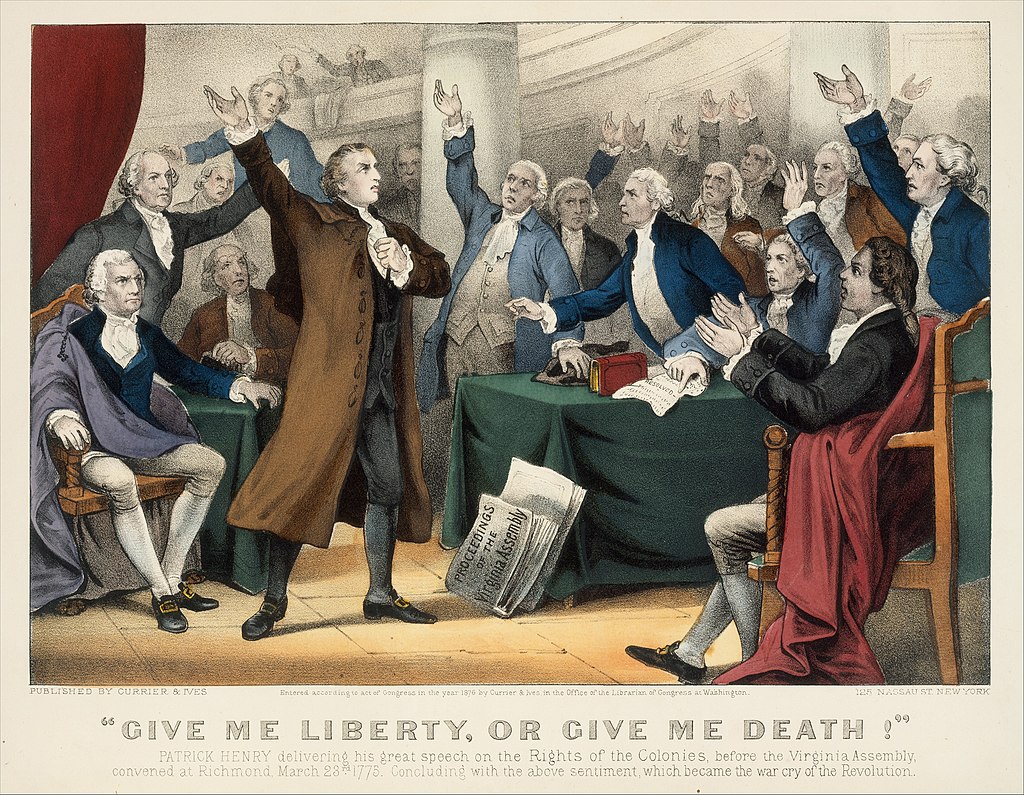
On March 23, 1775, American statesman Patrick Henry delivered his “Give Me Liberty or Give Me Death” speech at St. John’s Church in Richmond, Virginia. Speaking to the Virginia Convention, his words ignited the flame of rebellion against British rule. His fiery call for freedom rallied support for the American Revolution, and his famous closing line, “Give me liberty, or give me death,” became a battle cry for the colonists. His speech played a crucial role in convincing the Virginia legislature to prepare for armed resistance against the British Empire. His oratory skill and impassioned plea left a lasting impact, not only on his contemporaries but also on generations of Americans fighting for freedom. The speech is regarded as one of the most powerful expressions of American patriotism. His bold stance also marked him as one of the leaders of the American Revolution, and he later became the first governor of Virginia.
Frederick Douglass’s “What to the Slave is the Fourth of July?” Speech
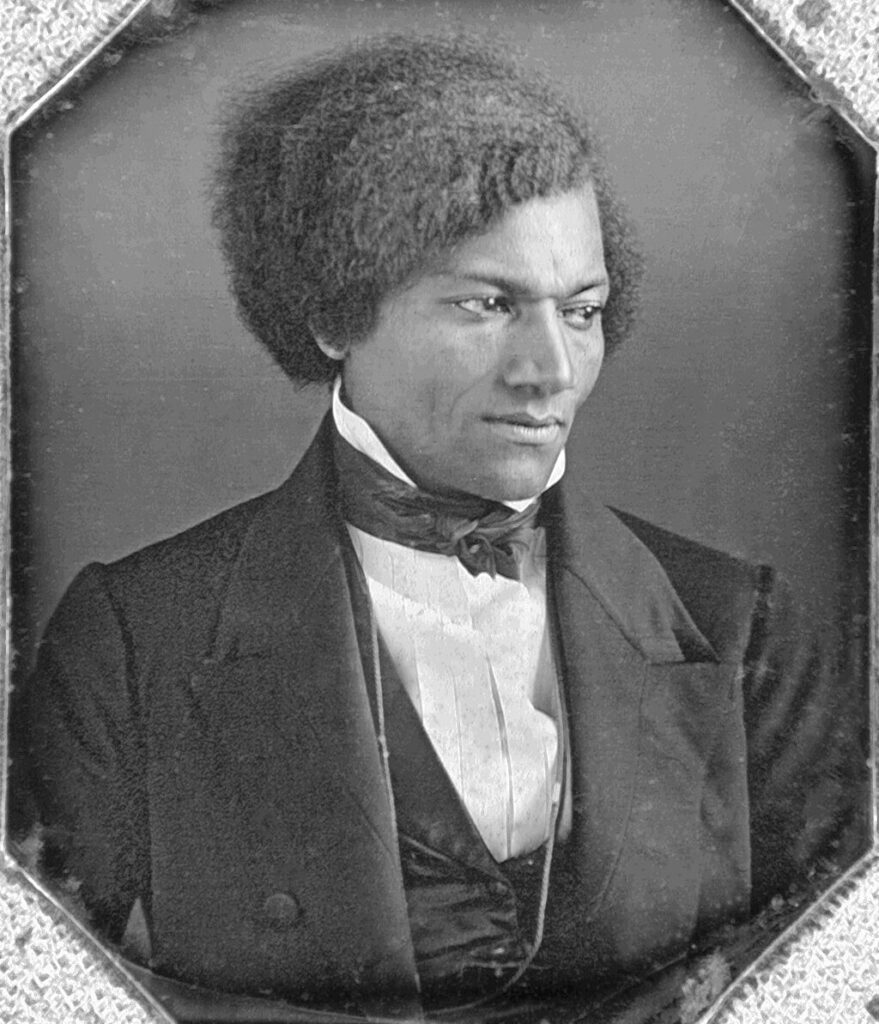
On July 5, 1852, abolitionist Frederick Douglass delivered a powerful address at Corinthian Hall in Rochester, New York, titled “What to the Slave is the Fourth of July?” Speaking before an audience of mostly white Americans, he exposed the hypocrisy of a nation celebrating freedom while millions remained enslaved. He pointed out the contradiction between the ideals of liberty and the brutal reality of slavery, calling America’s pride in its independence a mockery to enslaved people. His speech was a scathing critique of American society but also a hopeful call for the nation to live up to its founding principles. His eloquence and courage in addressing such a controversial topic made this speech one of the most significant in the abolitionist movement. His speech challenged the audience to confront the truth about slavery and its moral and ethical implications, and it continues to resonate today, as his words reflect ongoing struggles for racial justice and equality in the U.S. His life’s work as an activist, author, and orator played a significant role in the eventual abolition of slavery and the pursuit of civil rights.
This article originally appeared on Rarest.org.
More from Rarest.org
11 Fascinating Caves with Geological Formations Found Nowhere Else

Caves are some of the most fascinating natural wonders, shaped over millions of years by water, wind, and geological forces. Beyond their hidden beauty, many of these hold unique formations that can’t be found anywhere else in the world. Read More.
24 Rare Reptiles Native to Isolated Islands and Habitats

Isolated islands and remote habitats are home to some of the world’s most unique reptiles. These rare creatures have adapted to their surroundings in fascinating ways, often developing features found nowhere else. Read More.
9 Obscure Video Games That Became Cult Classics

Sometimes, video games don’t find success right away but later gather a dedicated fan base that turns them into cult classics. These are often games that offer something unique or unconventional, leading to loyal followings despite their initial struggles. Read More.
